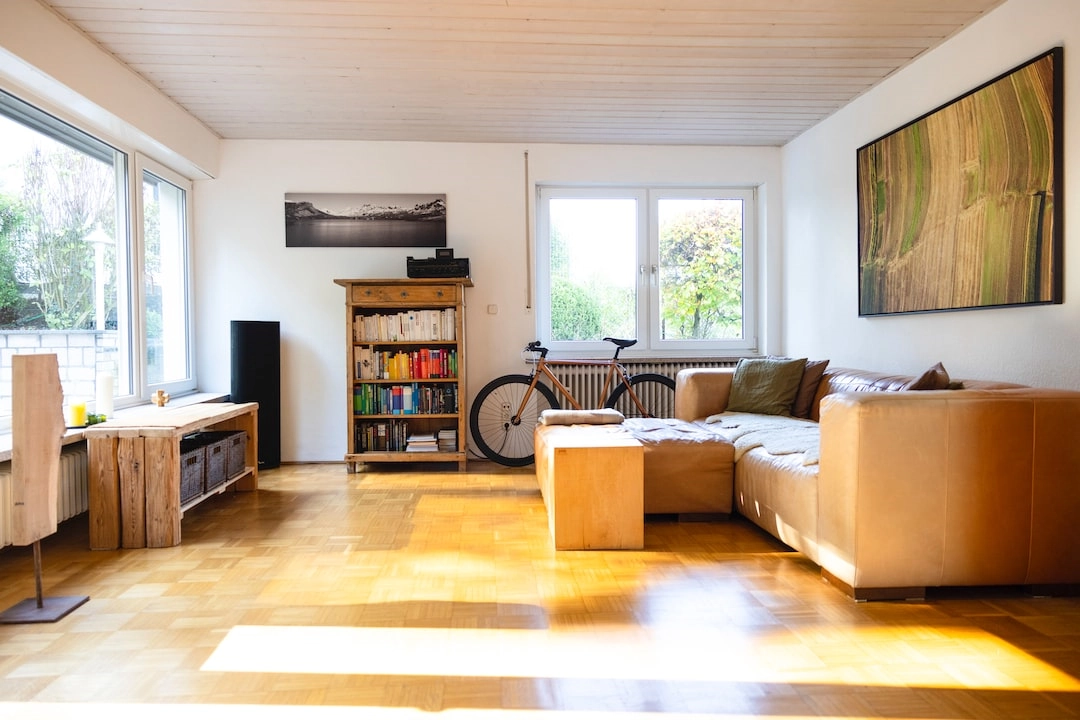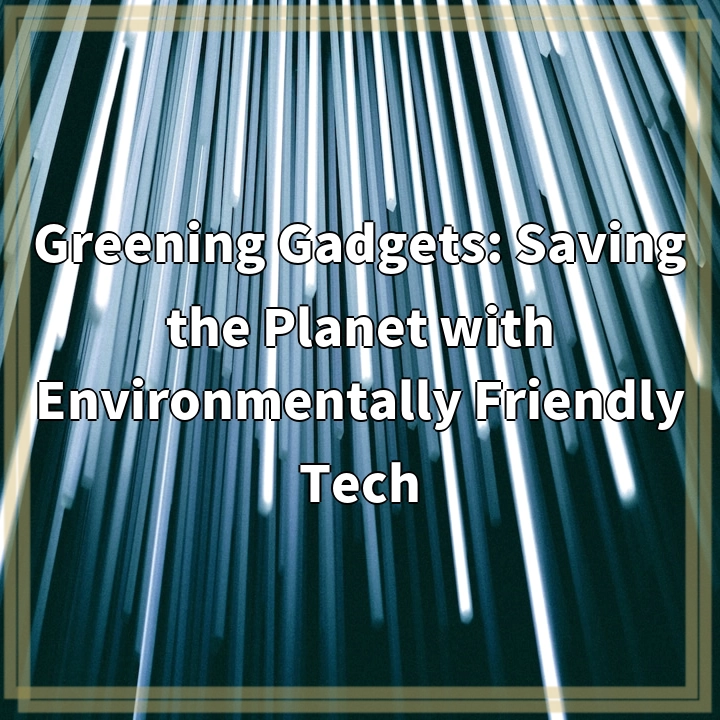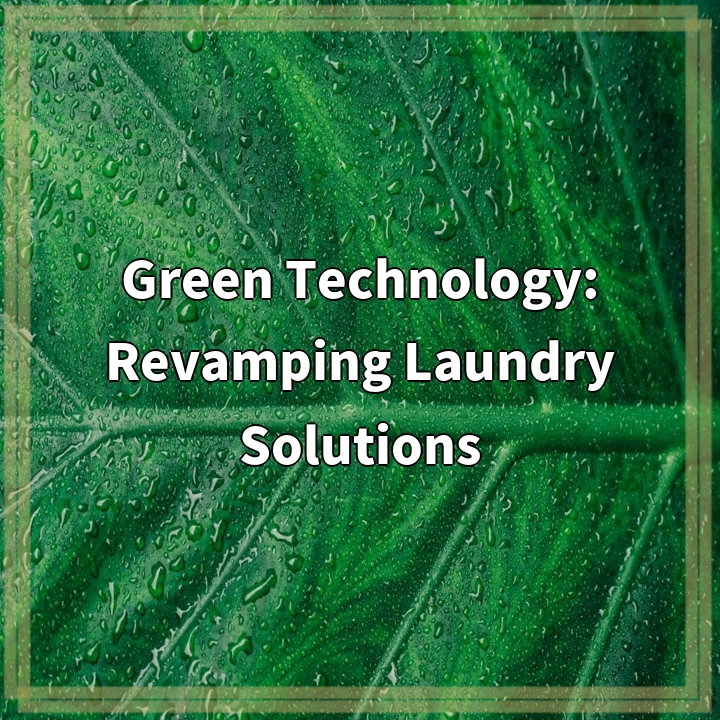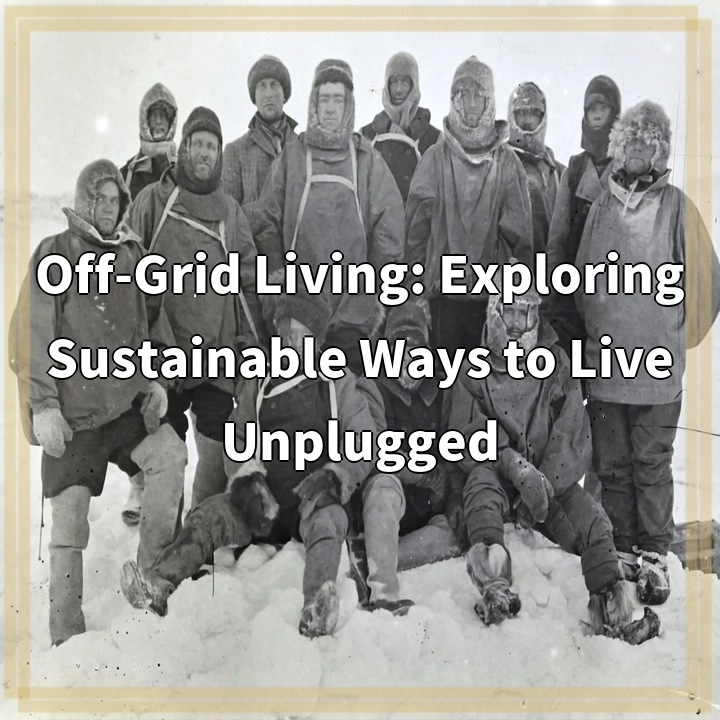
What is Off-Grid Living?
Off-grid living refers to a lifestyle in which individuals or communities are self-sufficient in terms of their energy and water needs, relying on renewable sources and minimizing their reliance on public utilities. It involves generating one’s own electricity, often through solar or wind power, and utilizing alternative methods for water supply, such as rainwater harvesting or well systems. This allows individuals or communities to disconnect from the traditional power grid and reduce their environmental impact.
Real-World Problems Associated with Off-Grid Living
While off-grid living offers numerous benefits, it also presents certain challenges and considerations. Understanding these real-world problems is crucial for those considering or already living an off-grid lifestyle:
1. Initial Investment Costs
Setting up an off-grid living system requires a significant initial investment. The cost of purchasing solar panels, battery storage systems, and other equipment can be substantial. However, it is important to note that over time, these costs can be offset by savings on energy bills.
2. Limited Energy Storage
Off-grid living relies on energy storage systems such as batteries. However, these systems have limitations in terms of capacity and storing energy for extended periods. It may require careful management of energy usage to ensure a consistent power supply during times when renewable energy sources are not available.
3. Maintenance and Repairs
Off-grid living systems require regular maintenance and occasional repairs. Solar panels may need cleaning, batteries might require replacement, and other components may need troubleshooting. Being self-sufficient in this regard means individuals or communities need to possess the skills and knowledge to maintain and repair their systems.
4. Water Availability
One of the primary challenges of off-grid living is ensuring a reliable and sustainable water supply. Depending on the location, accessing water sources may require drilling wells or setting up rainwater harvesting systems. Individuals need to carefully manage their water usage and maintain water quality to meet their needs.
5. Limited Access to Modern Amenities
Living off-grid often means forgoing or finding alternative solutions for modern amenities such as high-speed internet, television, or other conveniences typically provided by public utilities. While this may be a conscious choice for some, it can present challenges, especially for those who rely heavily on technology for work or communication.
6. Social Isolation
Off-grid living can result in physical isolation, especially for individuals or communities located in remote areas. Limited interaction with neighbors and reduced access to public services can lead to feelings of social isolation. However, this can be mitigated by actively engaging with local communities and participating in social events.
7. Regulatory and Legal Considerations
Living off-grid may require individuals to navigate through various regulatory and legal considerations, such as permits for alternative water and energy systems, building codes, and zoning restrictions. Compliance with local regulations is essential to ensure a legally sound off-grid living arrangement.
While off-grid living offers a sustainable and independent lifestyle, it is important to carefully consider and address these real-world problems. With proper planning, resource management, and adaptability, individuals can successfully navigate the challenges associated with off-grid living.
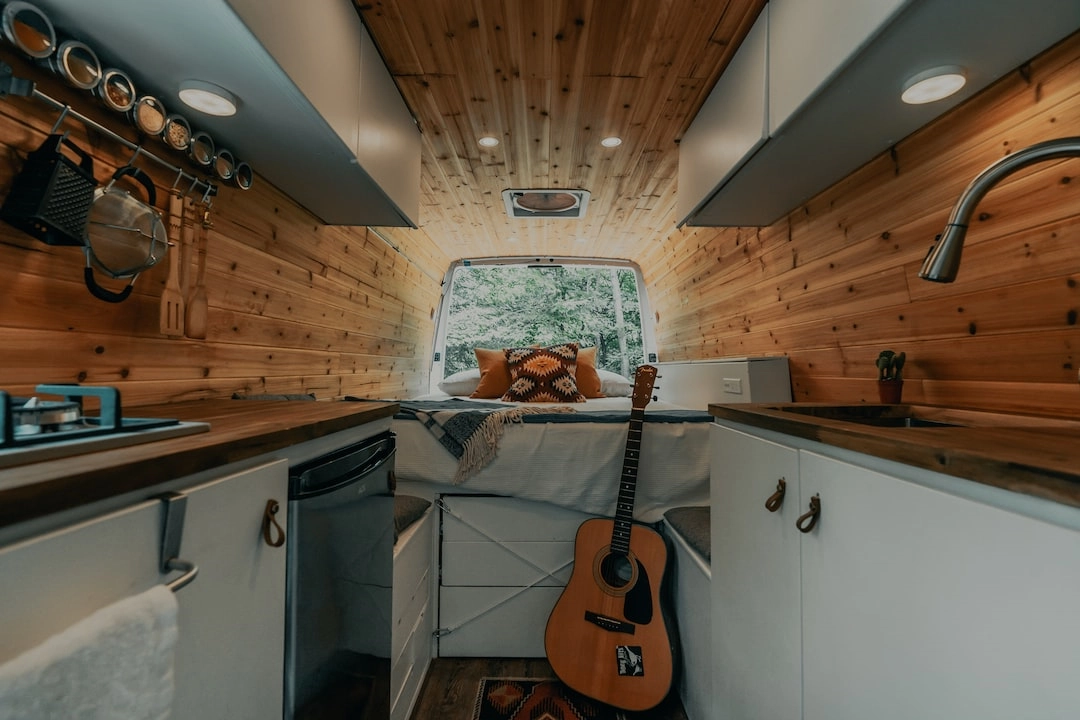
Solutions to the Challenges of Off-Grid Living
1. Financial Planning and Grants
Consider creating a budget and financial plan to manage the initial investment costs of setting up an off-grid system. Look for government grants, incentives, or financing options to offset the expenses.
2. Battery Efficiency and Backup Systems
Invest in high-quality batteries with sufficient capacity and consider backup options like generators or community-based solutions to ensure uninterrupted power supply during times of limited renewable energy generation.
3. Education and Skill Development
Learn the necessary skills for maintaining and repairing off-grid systems. Attend workshops, connect with local off-grid communities, and gather knowledge on troubleshooting common issues.
4. Water Conservation and Multiple Sources
Implement water conservation practices, such as using low-flow fixtures and collecting rainwater. Diversify water sources by drilling wells, exploring nearby water bodies, or collaborating with local water suppliers.
5. Alternative Communication and Entertainment
Utilize satellite internet, mobile hotspot devices, or community networks for internet access. Explore digital entertainment alternatives like streaming services or offline media storage to compensate for the limited connectivity.
6. Community Engagement and Social Activities
Actively engage with local off-grid communities, participate in social events, and collaborate on projects. Foster connections through shared experiences and support systems to overcome social isolation.
7. Rigorous Research and Legal Compliance
Thoroughly research and understand the regulatory and legal requirements associated with off-grid living. Ensure compliance with permits, codes, and zoning regulations specific to alternative water and energy systems.
By implementing these solutions, individuals can overcome the challenges of off-grid living and create a sustainable and fulfilling lifestyle aligned with their values.
